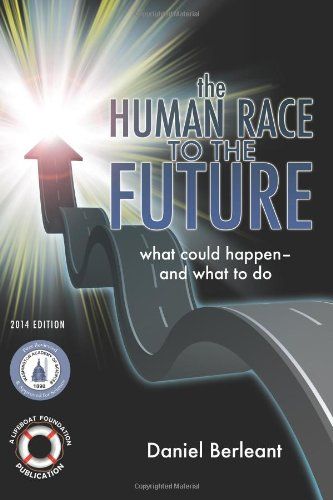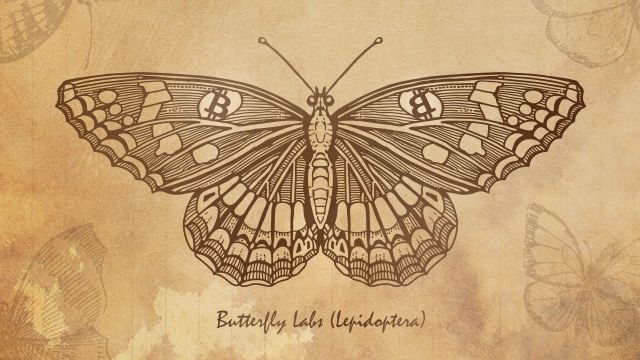Apr 25, 2014
R U Ready to be Uploaded?
Posted by M. A. Greenstein in categories: big data, biological, bionic, biotech/medical, entertainment, evolution, health, human trajectories, neuroscience, policy, posthumanism, singularity, sustainability, transhumanism
How has your work, your life, your humanity, been improved by the promise of Big Data?
What apps and online media do you use to upload personal and other info?
Singularity has flopped – that is to say, this week Johnny Depp’s new film Transcendence did not bring in as much as Pirates of the Caribbean. Though there may not have been big box office heat, there is heat behind the film’s subject: Big Data! Sure we miss seeing our affable pirate chasing treasure, but hats off to Mr. Depp who removed his Keith Richards make-up to risk chasing what might be the mightiest challenge of our century.
Singularity, coined by mathematician John von Neumann, is a heady mathematical concept tested by biotech predictions. Made popular by math and music wunderkindt turned gray hair guru of an AI movement Ray Kurzweil, Singularity is said to signify the increasing rate at which artificial intelligence will supersede human intelligence like a jealous sibling. Followers of the Singularity movement (yes, with guru comes followers) envision the time of override in the not to distant future with projections set early as 2017 and 2030. At these times, the dynamics of technology are said to set about a change in our biology, our civilization and “perhaps” nature itself. Within our current reach, we see signs of empowered tech acting out in the current human brain mapping quest and brain-computer interface systems. More to the point, there is an ever increasing onslaught of Google Alerts annoucing biotech enhancements with wearable tech. Yes indeed, here comes the age of smart prosthetics and our own AI upload of medical and personal data to the internet. Suddenly all those Selfies seem more than mere narcissistic postings against the imposing backdrop of Big Data.
 How has your work, your life, your humanity, been improved by the promise of Big Data?
How has your work, your life, your humanity, been improved by the promise of Big Data?

 Someone sent me this YouTube video. It claimed to have explained Laithwaite’s Big Wheel experiments as explained by classical mechanics. This I had to see.
Someone sent me this YouTube video. It claimed to have explained Laithwaite’s Big Wheel experiments as explained by classical mechanics. This I had to see.



 JESSE McKINLEY — NYTimes
JESSE McKINLEY — NYTimes









